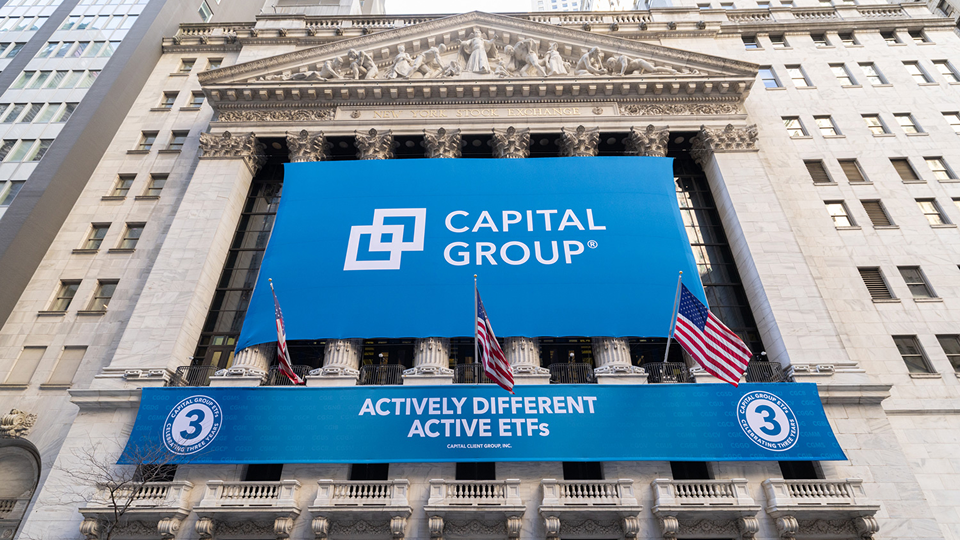While there are exceptions, generally, both ETFs and mutual funds offer a convenient way to invest in a diversified selection of stocks, bonds or both, using pooled money from a group of investors who purchase shares of a professionally managed fund.
The main differences primarily lie in how they trade. ETFs trade intraday on an exchange like stocks, allowing investors to buy and sell shares at the current market price throughout the trading day. This provides more control over the price of execution. In contrast, mutual funds are priced using the next available net asset value (NAV), which is calculated daily after the market closes, meaning transactions are executed at the end-of-day price.
ETFs also tend to offer greater tax advantages compared to mutual funds due to their structure. The ETF vehicle allows for in-kind redemptions, which can help minimize capital gain distributions. This means that taxes on ETF gains typically occur when an investor decides to sell their shares, rather than when others in the fund do. ETFs and mutual funds also differ in the level of transparency that they offer investors. ETFs often disclose their holdings daily, providing investors with frequent updates on what securities they own. Mutual funds, on the other hand, may offer monthly or quarterly views into holdings, often days or weeks after the period ends.







